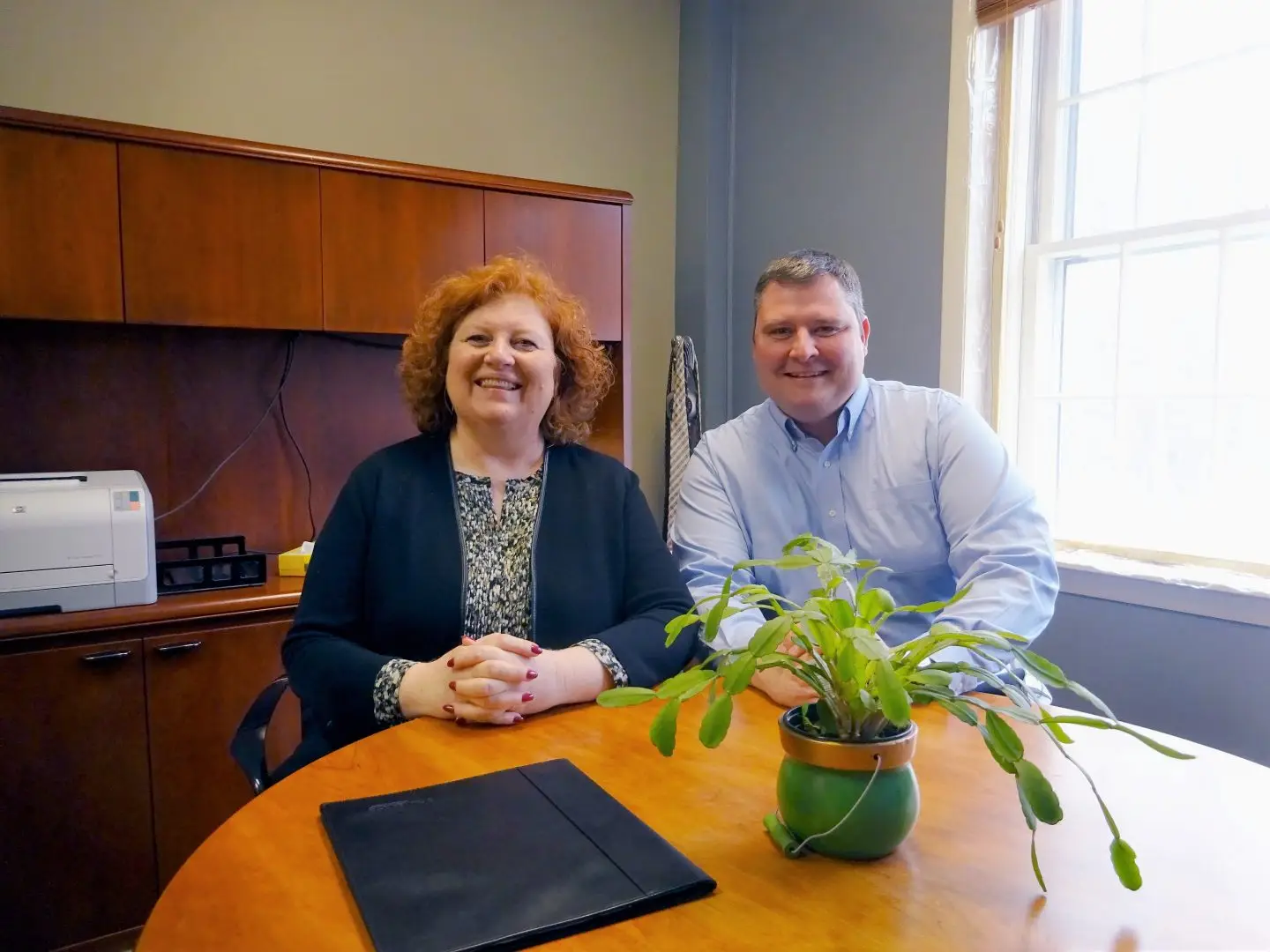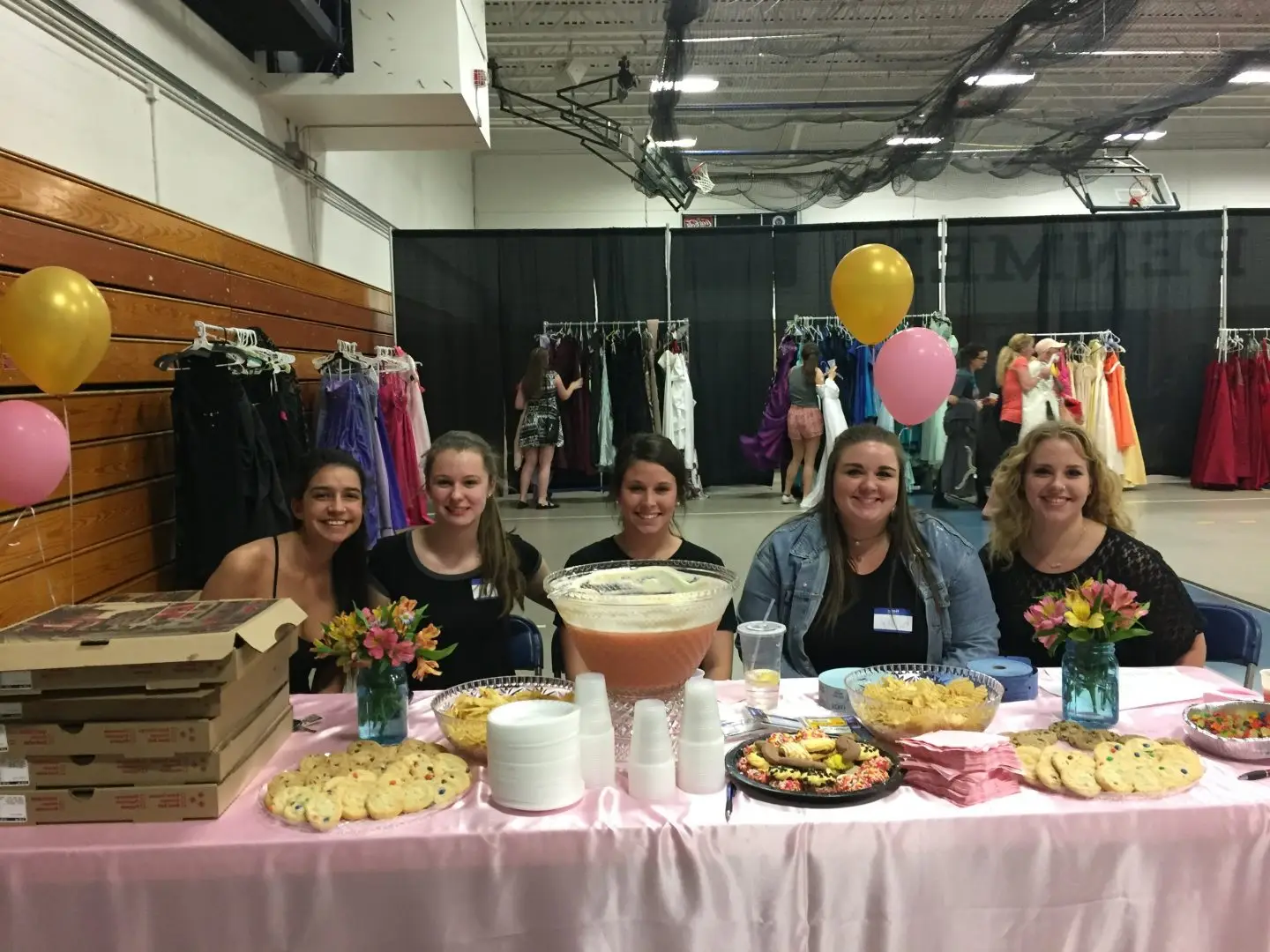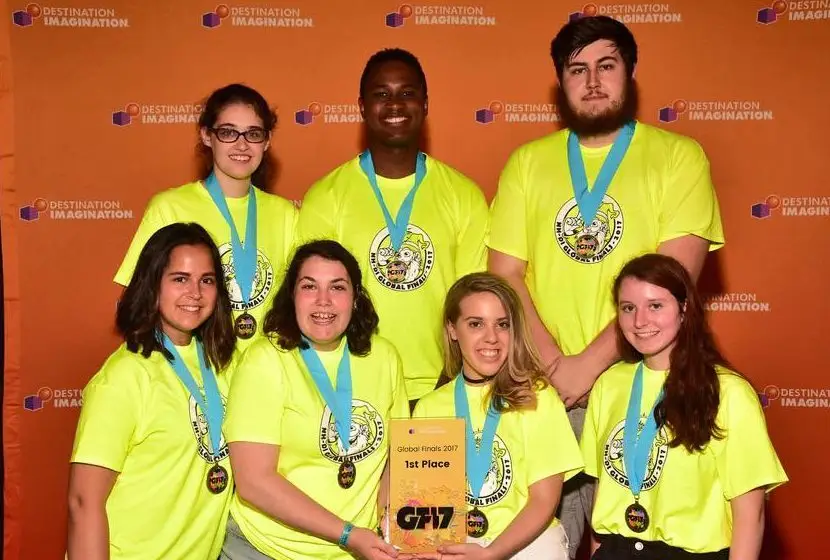Associate Professor of History and Political Affairs, John McCannon, and Associate Professor of Politics and Global Affairs, Pamela Jordan, held a seminar discussing the Russian/Ukrainian conflict on Wednesday, March 16.
During the seminar, McCannon said, “Putin presents himself as the Judo Master, able to calculate force and motion in a precise way. Smaller interventions like in Georgia and the border of Moldova were invasions that were able to be carried out without aggravating the west because of that.”
McCannon also expressed that Putin’s psychology is erratic and ever-changing, another concern his students harbored. “Since the COVID-19 Pandemic, Putin has undergone this great emotional change that’s led him to surrounding himself with yes-men,” said McCannon. “He sees himself as a leader of this values war against the west, and the architect of this grand Russian destiny in a way that’s more emotionally driven than what Putin-watchers are used to.”
When asked about how this conflict came upon the world so fast, McCannon said, “People were expecting that younger Putin, who was more in control, would be the one in control now.”
According to the professors, this seminar was student-driven and put together to address their specific concerns. Jordan noted that students were expressing interest in this conflict long before the seminar underwent planning. “We were already speaking in class on the methods of Russia’s invasion of Ukraine, and we were very concerned about the threat to us and the future of our democracy,” said Jordan.
The professors were careful to note the nature of this conflict and why they believed it was important to discuss. Professor McCannon also addressed the most popular concern among the classes: nuclear war.
“There was a lot of talk in the news about this conflict reaching the nuclear level, and that’s not a dimension you normally see in the brushfire conflicts around the world, so we felt it important to drive that story as much as we could. Our students were very concerned about that,” said McCannon.
Aside from the professors’ explanations regarding the conflict’s evolution, misinformation was Jordan’s largest worry. “I really encourage students to read sources that are accurate and contain accurate information about these extremely complex events,” said Jordan.
“We wanted to promote discussion about this event not because we thought this event was more deserving, but because there were a lot of possible repercussions to us. Despite that, there is a very low chance of imminent nuclear threat to America,” McCannon added.
While much of this conflict will continue to unfold as days go on, McCannon and Jordan made sure to remind the SNHU community that while fear runs rampant across the nation, the facts show that there is no immediate threat to the country.




